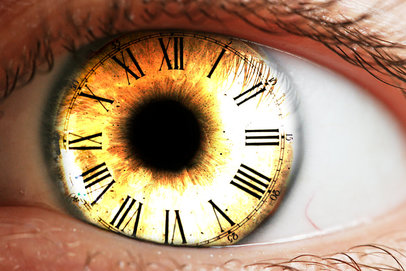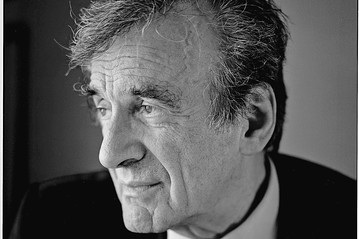 Ultra-orthodox protestors throw chairs in their zealous opposition of a women's prayer service at the Western Wall.
Ultra-orthodox protestors throw chairs in their zealous opposition of a women's prayer service at the Western Wall. The story, as interpreted by the rabbis, begins with the nations of Moab and Midian attempting to defeat the Israelites by unconventional means. The Moabite and Midianite women tried to sexually entice the Israelite men to seduce them into the worship of idols. Their hope was to trick the Israelites into abandoning their God so that God would no longer protect them.
The dalliances between the Israelite men and the foreign women so enraged God that the Israelites were in danger of being wiped out by a plague that God delivered as punishment. Phineas took immediate action. He saw a high-ranking Israelite man escorting a Midianite woman into his tent and immediately picked up a spear and killed them both (Numbers 25:8). In the story, Phineas' swift and deadly action ended the plague and saved the Israelites.
The rabbis of the Talmud cannot reconcile Phineas' execution of the Israelite man and Midianite woman with their own ideas about justice and morality. Punishment, according to the rabbis, should be authorized by courts and procedures, not by zealous vigilantes. The rabbis came to a split decision in which they justified Phineas' actions as fulfilling God's will, but they also concluded that if the high-ranking Israelite had picked up a sword or spear and killed Phineas in self-defense, that killing also would have been justified (B. Sanhedrin 82b). A person who takes the law into his or her own hands, they suggest, must be willing to accept the consequences when the offender becomes a defender.
The story, and the rabbis' interpretation of it, presents more questions than answers. The idea that the Israelite could have defended himself does not change the outcome of the story. It does not solve the moral outrage of his execution. There is no way to justify the moral implications of Phineas. And, yet, this is Torah. Our tradition asks us to struggle to find positive meaning in it, a message for our own times.
Moral zealotry is on the rise in our society today. We are living in a time in which it is common for people to justify anti-social behavior in the name of moral imperatives. Public servants refuse to issue marriage licenses when they are offended by same-sex couples. Activists block highway traffic to protest the killing of civilians by police. At the Western Wall, ultra-orthodox Jews throw chairs at people and rip apart their prayerbooks because they are offended by women reading from the Torah. We have many examples of modern-day heirs of Phineas who take direct and disruptive action when they believe that God is on their side.
The rabbis are unwilling to make a blanket condemnation of such zealotry. They recognize – and we can, too – that there are times when civil disobedience and violation of social norms is the right thing to do in the face of injustice and immorality. However, the rabbis also warn that anyone who wishes to take such action must do so with caution. Before playing the role of the zealot in complete certainty of our righteousness, we must consider that we might, in fact, be completely and certainly wrong. We must consider and accept the consequences of our actions.
As we enter our quadrennial season of national political decision-making, it is only natural that engaged citizens will feel passion in promoting their views and opinions. For myself, I can say that I know that I feel energized by politicians who inspire me. I also know that I can feel enraged by those politicians whom I believe threaten my beliefs. I know that I have been guilty of burning with the fires of zealotry, and I have sometimes come to regret the choices I have made in zealous passion.
The Torah and our tradition come to remind us that passion for a good cause can be a good thing, but it can also be a trap. If we allow ourselves to get carried away with our zealotry – if it becomes a justification for speaking or acting in hurtful ways toward others – we must be willing to accept the consequences of the harm we do. We owe it to ourselves and to our society to balance our passion with a measure of humility. We must not allow our righteous fervor to turn into self-righteous zeal.
Other Posts on This Topic:
Pinchas: Phinehas' Spear
Women of the Wall



 RSS Feed
RSS Feed
